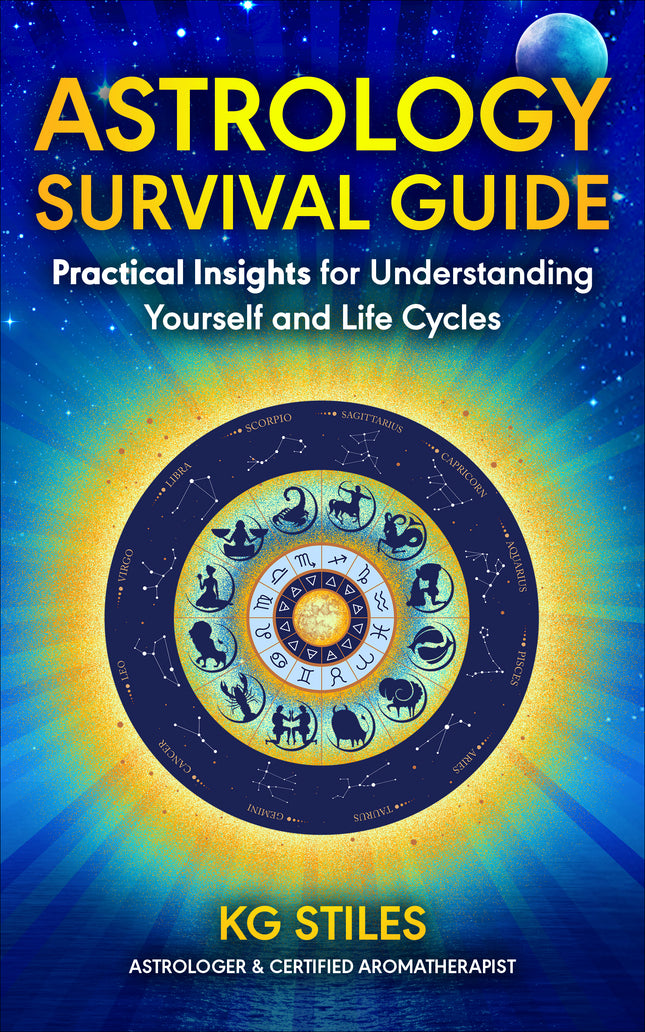 Science has uncovered the truly remarkable power of your nose and its scent receptors.
Science has uncovered the truly remarkable power of your nose and its scent receptors.
Turns out your human nose has the capacity to discern scent that is far beyond our wildest imaginations. Finally, the myth that humans have a bad sense of smell may be put to rest.
Research scientists have unveiled the human nose’s capacity to detect at least 1 trillion different scents. According to scientists the power of your nose to discern odors "may as well be limitless."
The human nose has about 400 different types of scent receptors that can detect at least 1 trillion different odors. Previously it was thought that the human nose could only detect 10,000 odors.
However, based on recent results of psychophysical testing, a team of scientists have calculated that humans can discriminate at least one trillion olfactory stimuli. This is far more than previously thought. The study demonstrates that the human olfactory system, with its hundreds of different smell receptors, far exceeds any of your other sense perceptions, i.e., touch, taste, seeing and hearing,
To investigate the capacity of the humans’ sense of smell and its limits, a team of researchers prepared scent mixtures with 10, 20 or 30 different odor profiles that were selected from a collection of 128 odor molecules. Then, the researchers did a study of 26 participants who were instructed to identify the various scent mixtures and report any differences.
Participants were asked to identify the scent mixtures that smelled differently in a sample set where two of three scents were the same. Where scent profiles overlapped by more than 51% participants began to struggle to discern the differences.
From these findings researchers were able to calculate the number of possible mixtures that would overlap less than 51% to arrive at an estimate of how many smells a human nose can detect to be at least 1 trillion.
Donald Wilson, an olfactory researcher at New York University School of Medicine, says, "The findings are thrilling." Researchers hope the new discovery will help to unravel the mystery of scent and how olfaction (the sense of smell) and the brain work together to process scent information.
For example scientists know that when the scent of coffee permeates a room specific smell receptors are triggered to detect the molecules of scent. The inhalation of scent stimulates a series of neural (brain) responses. For instance, your attention may be drawn to the source of the scent, a coffee pot, as well as stimulate your desire for a cup of coffee. A wide variety of feelings and emotions may also be triggered just from the scent of coffee.
Scientists are set to discover the details for the sequencing of the brain’s response to scent stimuli that, as yet, are still unknown. This will give insights into brain function and most especially memory. It's well known that there is a direct connection between memory and scent. Failure of the ability to discern aroma is prevalent in patients with memory issues like dementia and Alzheimers.
Some scientists are theorizing that someone with more and different types of scent receptors indicates a more-sensitive sniffer for discerning scent. Of course, this assumption leads scientists to conclude that exploring the bounds of smell may be difficult to truly discover.
Also, there’s the issue of organizing scents for assessing smell receptor capacity. “It’s hard to organize odors,” says Wilson. He explains, “Its possible to group scents into categories, but the relationship between those categories is not clear; unlike colors or sounds, smells do not fall along a clear continuum.”
“In practical terms,” Wilson says, “that makes it challenging to objectively compare the complex, musky scent of a US drugstore cologne like Axe body spray with a rival, such as Old Spice, or with something that smells of vanilla.”
Many questions remain for future study. But for now the new findings indicate that humans definitely "do not have a bad sense of smell."
In fact with use, you can develop your sense of smell’s capacity for discerning aromas. This is exactly what aroma connoisseurs and perfumers do and you can do, too. By enjoying a variety of scents in your daily life you will develop your olfaction capacity.
Another area of scientific study yet to be explored is the connection between your sense of smell and the development of your sixth sensory ability of intuition.
READ next article in this series, Smell Dating: Pheromone Science & Scents-ability.





Leave a comment